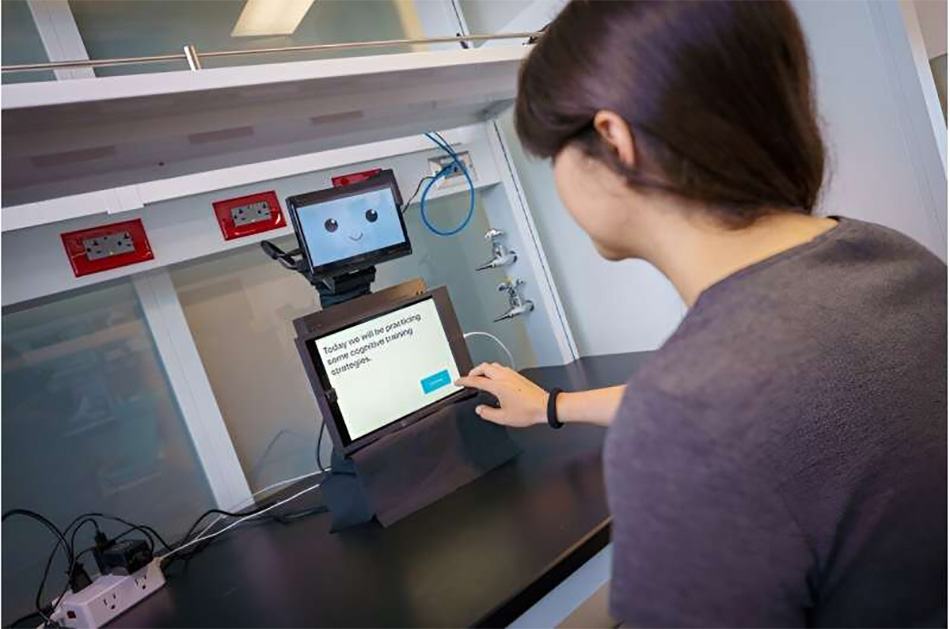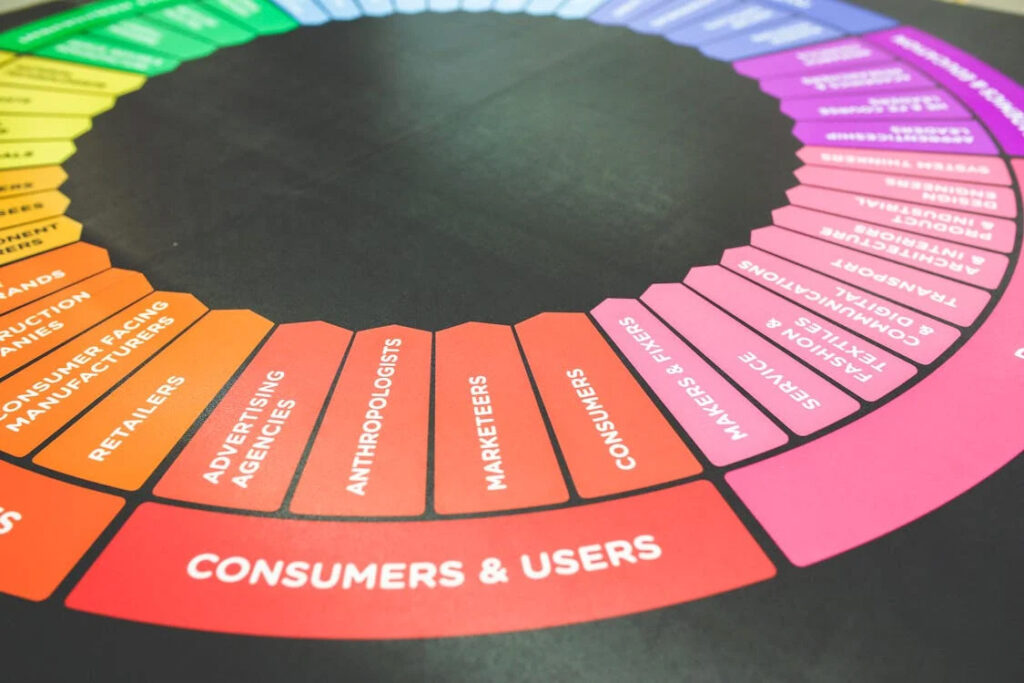Introducing CARMEN: Revolutionizing Home-Based Neurorehabilitation for Mild Cognitive Impairment
The Advent of CARMEN in Cognitive Rehabilitation
Presenting CARMEN, or Cognitively Assistive Robot for Motivation and Neurorehabilitation. Developed by a University of California, San Diego research team, CARMEN is not simply another gadget. It is a ground-breaking instrument made to help people with moderate cognitive impairment (MCI) in the comfort of their homes. Modern robotics combined with useful cognitive activities in this tabletop robot surpasses conventional therapy approaches. The main objective of it is to help users improve their executive functioning, memory, and attention—all of which are frequently affected by MCI.
CARMEN’s Unique Approach to Cognitive Improvement

Effective instruction of compensating cognitive skills is what distinguishes CARMEN. By use of a number of interactive games and activities, CARMEN interacts directly with users, unlike many other assistive technologies. These are made especially to strengthen regular cognitive processes. To help users recall crucial information, CARMEN, for example, might advise them to utilize note-taking techniques or to set up regular places to store significant things. Such activities help people with MCI have better lives generally in addition to helping with memory recall. Effective management of cognitive impairments also depends on the robot’s capacity to adjust to the particular difficulties and progress of each user, which offers a highly customized therapy experience. Its intuitive design also makes sure that people with little computer experience may take use of its features, which makes it an invaluable tool for a broad range of people.
Technical Innovations and User-Centric Design
Throughout CARMEN’s development, computer scientists, doctors, MCI patients, and their care partners worked directly together. In a practical context, this cooperative effort guaranteed that the robot was both functional and user-friendly. ‘Plug and play’ design, few maintenance needs, and restricted internet connectivity operation are among its key benefits. CARMEN is also intended to be a sympathetic and interesting tool that communicates empathy and compassion for the user’s circumstances. Its capacity to offer pauses after demanding work keeps users interested and avoids cognitive strain.
Future Directions and Expanded Applications
Positive comments on the first use of CARMEN in the homes of MCI patients has prompted the study team to plan for more extensive uses. Among the future improvements is the ability of CARMEN to have more intricate discussions with users who have different demands, such as those who have ADHD. In order to facilitate additional activities and maybe operate as a companion that can adjust to the changing difficulties experienced by people with cognitive impairments, the team is also looking into methods to make CARMEN more autonomous.
Finally, CARMEN is a major development in the field of neurorehabilitation that gives people with modest cognitive impairments fresh opportunities and optimism. Its creation emphasizes the possibilities for robotic healthcare support and the continuous efforts of scientists to enhance the lives of people with cognitive impairments. As this technology develops further, more individualized and easily available healthcare solutions catered to the unique requirements of every user will become possible. By combining such cutting-edge technologies, patients should be empowered to live more autonomous and satisfying lives in addition to having improved cognitive function. Moreover, the success of CARMEN may motivate future developments in robotic assistance for a range of medical disorders, hence extending the bounds of medical technology and patient care.

